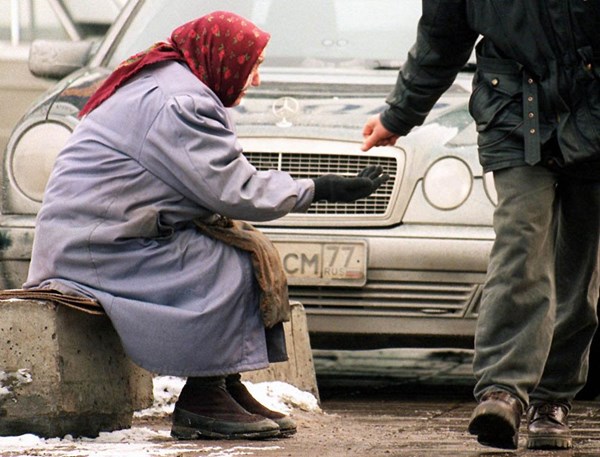Russia faces economic challenges as oil revenue dwindles and borrowing efforts falter
Efforts by Russia’s Finance Ministry to curb its budget deficit through foreign borrowing have faltered significantly.
The collapse in oil prices, fueled by President Donald Trump's trade war, is taking a significant toll on Russia’s economy, leaving a gaping hole in the country's budget without an apparent solution. This issue is highlighted in a blog post by Russian economist Vyacheslav Shiryaev.
The Finance Ministry is scrambling to fill the budget void as oil revenues plummet, but it faces reluctance from creditors. The latest auction of government bonds (OFZ 26221) was a failure, with only 6.8 billion ($82 million) rubles in sales. To adhere to its borrowing plan of 1.3 trillion rubles per quarter, the ministry needs to sell 100 billion rubles ($1.2 billion) in bonds at each auction. The previous auction was also unsuccessful, garnering only 33 billion rubles ($400 million), well short of the target, but this is the first time the shortfall has been so pronounced—by 15 times. Investors demand higher returns for the perceived risks, doubting the budget's future ability to honor debits. Meanwhile, foreign buyers have retreated in the wake of failed negotiations with Trump. The RGBI index, which reflects investor confidence in Russian commitments, fell to 105 this week (below 100 indicates "negative" confidence).
Soon, the Russian Finance Ministry may have to restart the money printer. Should the Russian Central Bank reduce rates in response to the threat of a deep recession in Russia amid the global crisis, both inflation and the dollar could soar.
